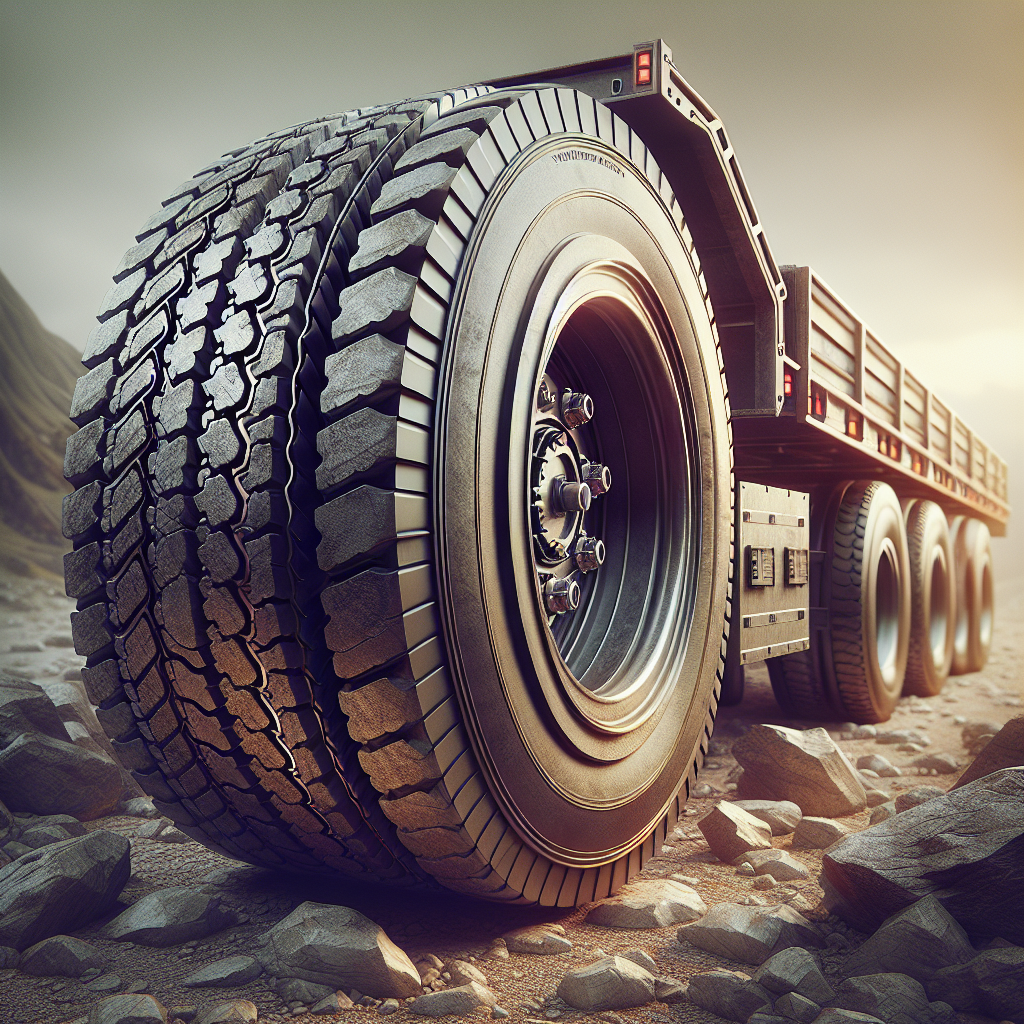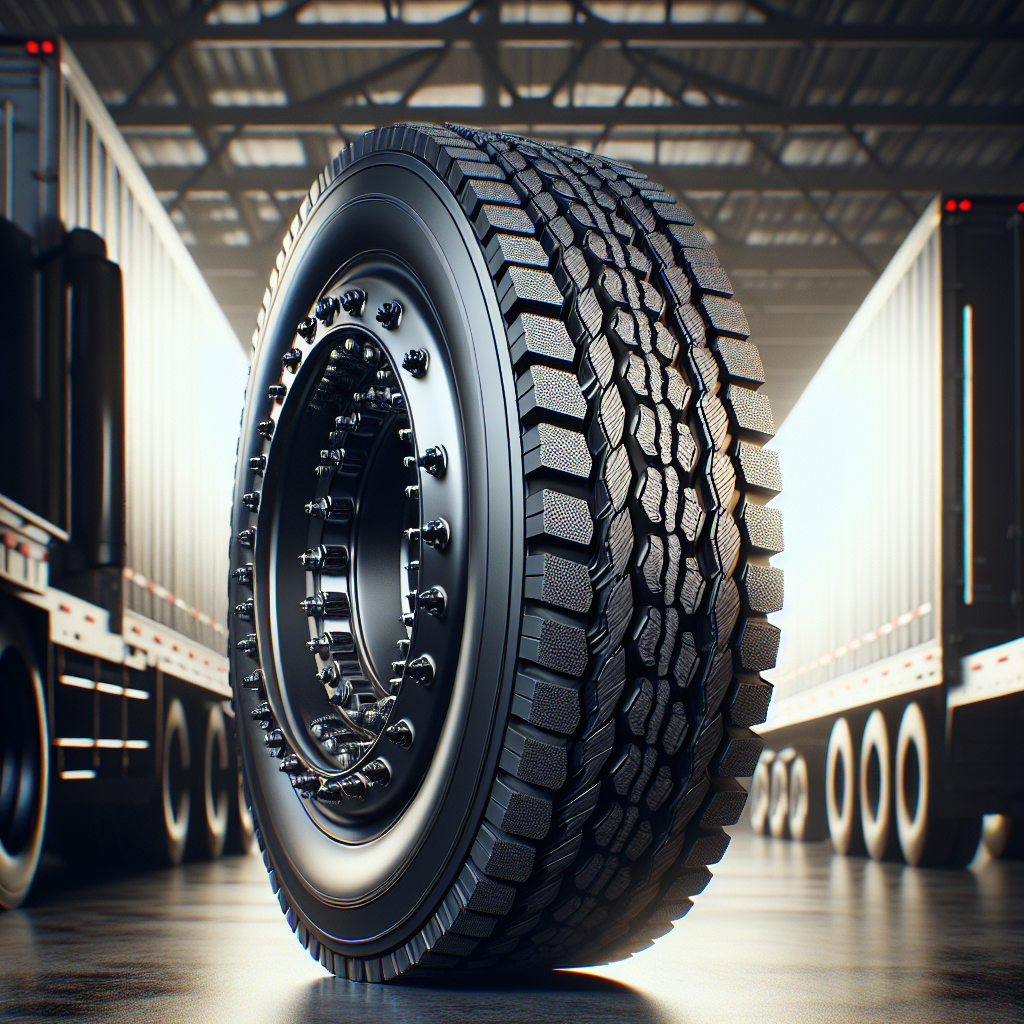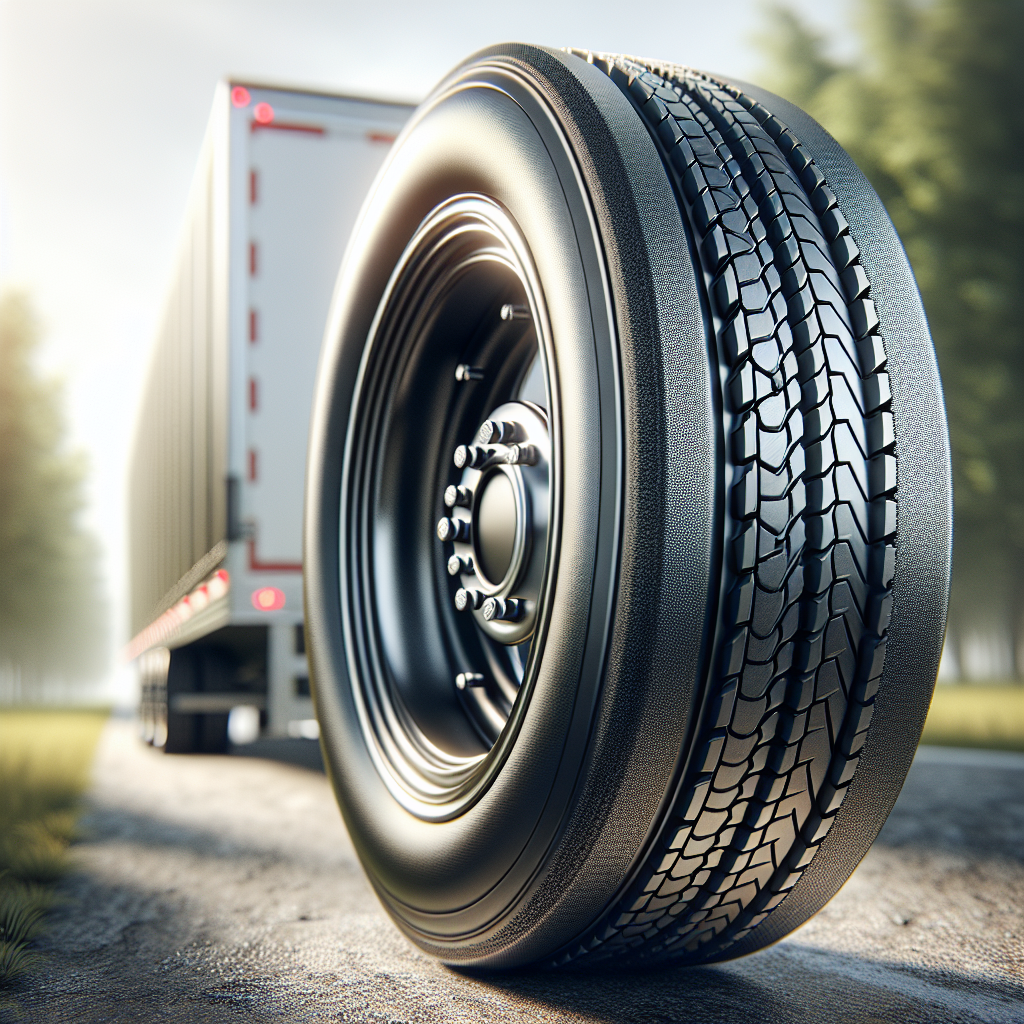When it comes to the world of towing, one of the most essential components of a trailer is its tires. Understanding the purpose of trailer tires is crucial for ensuring safety and performance on the road. Unlike car tires, which are designed for different driving conditions and speeds, trailer tires are specifically engineered to handle the unique demands of towing.
Trailer tires are built to support heavy loads and endure extended periods of being stationary. They typically feature a higher load rating, reinforced sidewalls, and a tread pattern optimized for stability and traction. Here are some key characteristics that differentiate trailer tires from car tires:
- Load Capacity: Trailer tires are designed to carry heavier weights than standard car tires.
- Construction: They often have a stiffer sidewall to minimize flexing, which helps maintain stability under load.
- Tread Design: The tread on trailer tires is tailored for specific towing conditions, providing better grip and control.
- Heat Resistance: By managing heat buildup, trailer tires reduce the risk of blowouts during long hauls.
Choosing the right tires for your trailer is not just about performance; it’s about ensuring safety while traveling. Tow with peace of mind, knowing that trailerwatchdog is standing guard.
Key Differences Between Trailer and Car Tires

Understanding the key differences between trailer and car tires is vital for making informed choices about tire selection for your vehicle. While both types of tires are essential for their respective applications, they serve distinct purposes and are engineered differently.
One of the most notable differences is in their construction and design. Trailer tires typically have a stiffer sidewall than car tires, which helps them handle heavier loads and resist flexing. This rigidity is crucial for maintaining stability while towing, especially when navigating turns or uneven surfaces.
Another significant difference lies in the load rating. Trailer tires are built to support the weight of the trailer and its cargo, often with a much higher load rating compared to car tires. This means that if you attempt to use car tires on a trailer, you risk overloading them, leading to potential tire failure and safety hazards.
The tread pattern is also tailored differently. Trailer tires often feature a more specialized tread designed for improved traction during towing, which may not be necessary for standard passenger vehicles. Additionally, the heat resistance of trailer tires is typically enhanced to reduce the risk of blowouts, which can occur during long trips or when carrying heavy loads.
Understanding these differences is essential for anyone involved in towing. Selecting the wrong type of tire can lead to serious safety issues, making it crucial to choose the right tire for the right application.
Performance Factors of Trailer vs Car Tires
When examining the performance factors of trailer vs car tires, it's essential to consider several key aspects that significantly affect their functionality and safety. Each type of tire is designed with specific performance characteristics that cater to their primary use.
One of the primary factors is load capacity. Trailer tires are engineered to handle heavier loads, which means they often feature reinforced sidewalls and a higher ply rating. This structural integrity allows them to distribute weight more effectively, minimizing the risk of tire blowouts during transport.
Traction is another crucial performance factor. Trailer tires usually have a tread pattern optimized for enhancing grip under load, especially on various road surfaces. In contrast, car tires are designed to provide excellent handling and traction during everyday driving conditions, including wet and dry pavement.
Heat dissipation is also vital for performance. Trailer tires are built to withstand prolonged periods of towing, which generates heat. The materials and construction methods used in trailer tires allow for better heat management, reducing the risk of overheating and tire failure. Car tires, while also designed to manage heat, may not possess the same level of durability under heavy loads.
Finally, stability during towing is a performance factor that cannot be overlooked. Trailer tires are designed to provide stability, particularly when navigating turns or uneven terrain. This stability is crucial for maintaining control and ensuring the safety of both the vehicle and the trailer, especially when traveling at highway speeds.
Safety Considerations for Trailer Tires

When it comes to ensuring the safety of your towing experience, understanding the safety considerations for trailer tires is paramount. Proper tire maintenance and selection can prevent accidents and enhance the overall performance of your trailer.
One of the most critical aspects is tire pressure. Maintaining the correct tire pressure is essential for safe towing. Under-inflated tires can lead to increased heat build-up and a higher risk of blowouts, while over-inflated tires can result in poor traction and uneven wear. Regularly checking tire pressure before embarking on a journey can significantly contribute to a safer towing experience.
Tread wear is another vital safety factor. Trailer tires should be inspected frequently for signs of uneven or excessive wear. Worn tires can compromise grip and reduce stability, especially during adverse weather conditions. It's advisable to replace tires that show signs of significant tread wear or damage, such as cuts or bulges.
Additionally, understanding load ratings is crucial. Each trailer tire comes with a specified load rating that indicates the maximum weight it can safely carry. Exceeding this limit can lead to tire failure and dangerous situations on the road. Always ensure that the tires installed on your trailer are suitable for the weight they will be carrying.
Lastly, consider the age of your tires. Tires have a lifespan, and even if they appear to be in good condition, older tires can become brittle and lose their structural integrity. It is recommended to replace trailer tires that are more than six years old, regardless of tread wear, to maintain safety on the road.
Cost-Effectiveness of Trailer and Car Tires

When evaluating the cost-effectiveness of trailer and car tires, it's essential to consider not just the initial purchase price but also the long-term value they provide. Investing wisely in tires can save money and enhance safety over time.
Trailer tires are specifically designed to bear heavy loads and endure the rigors of towing, which makes them generally more durable than standard car tires. This durability can lead to a longer lifespan, translating into fewer replacements and lower long-term costs. In contrast, car tires are engineered primarily for comfort and performance on paved roads, which may not hold up as well under the stress of towing.
Another aspect to consider is maintenance costs. Properly maintained trailer tires can yield a greater return on investment. Regular tire rotations, pressure checks, and timely replacements can prevent costly breakdowns and accidents. Moreover, many trailer tires come with warranties that can cover premature wear, giving users additional peace of mind.
Fuel efficiency can also play a role in the overall cost-effectiveness. Using the correct tires for your vehicle type can improve fuel economy. For example, using car tires on a trailer may lead to increased drag and fuel consumption, ultimately costing more in gas over time. On the other hand, trailer tires are designed to minimize rolling resistance, making towing more economical.
In conclusion, while the upfront cost of trailer tires may be higher than that of car tires, their longevity, maintenance savings, and improved fuel efficiency can make them a more cost-effective choice for anyone who frequently tows. Making an informed decision about tire selection can significantly impact your overall towing expenses.
Conclusion: Choosing the Right Tire for Your Needs

In the end, the decision between trailer and car tires hinges on understanding your specific needs and usage patterns. Each type of tire serves distinct purposes and is engineered to perform optimally under different conditions. By thoroughly assessing your towing requirements, load capacities, and road conditions, you can make an informed choice that enhances both safety and efficiency.
For those who frequently tow heavy loads or navigate uneven terrains, investing in high-quality trailer tires is crucial. Their specialized design ensures optimal performance and durability, reducing the risk of blowouts and other potential failures. Conversely, if your driving primarily consists of everyday commuting or light recreational towing, car tires may suffice, provided you remain vigilant about their limitations.
Ultimately, understanding the implications of using the wrong tire type can save you from costly repairs and ensure a safer towing experience. As you weigh your options, consider factors such as cost-effectiveness, maintenance, and fuel efficiency to arrive at the best decision for your vehicle.
To elevate your towing safety and reliability, make sure to equip your trailer with the right monitoring systems. Tow with peace of mind, knowing that TrailerWatchdog is standing guard. Visit trailerwatchdog.com today to explore how our innovative solutions can protect your investment and enhance your towing experience.








